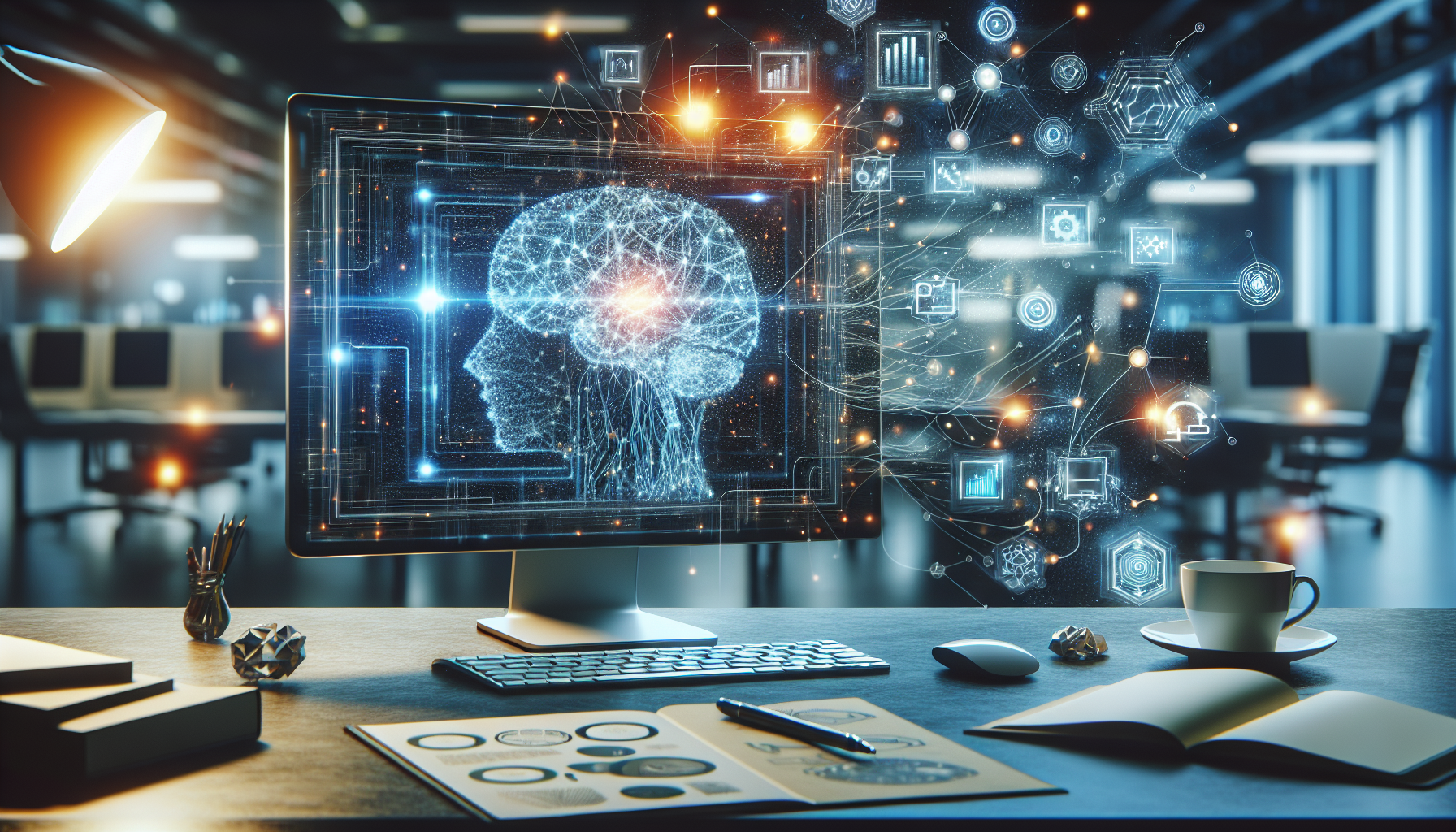
How AI is Reshaping Consumer Behavior: A Comparative Analysis
May 30, 2025
Artificial intelligence isn't just a futuristic concept from sci-fi movies anymore; it's a reality that's subtly weaving itself into the fabric of our daily lives. Have you noticed how your online shopping experience seems to know you better than your closest friends? That's AI at work, influencing consumer behavior in ways we might not even realize.
Let's take a stroll down the digital aisles of our favorite online stores. Ever wonder how those eerily accurate product recommendations pop up just as you're about to make a purchase? AI algorithms are analyzing your browsing history, purchase patterns, and even the time you spend lingering over certain items. It's like having a personal shopper who knows your style, preferences, and budget. But, have you ever stopped to think about how this tailored experience affects your buying decisions?
Comparatively, traditional marketing strategies relied heavily on demographic data – age, gender, location. It was a broad strokes approach, like casting a wide net and hoping to catch the right fish. AI, on the other hand, is more like a skilled angler, using precision tools to lure in exactly the right catch. It dives deep into psychographics, understanding not just who you are, but why you buy. This shift from demographic to psychographic targeting is fundamentally altering consumer behavior.
Consider this: when was the last time you clicked on a banner ad? They're like digital billboards, hoping to catch your eye as you scroll through a webpage. But AI-driven marketing is different. It's subtle, almost invisible. It integrates into your digital life seamlessly, showing you ads for products you didn't even know you wanted, but suddenly can't live without. This isn't just about selling more stuff; it's about creating a more engaging and personalized consumer journey.
Now, let's talk about loyalty programs. Remember those punch cards from your favorite coffee shop? Buy ten lattes, get one free. Pretty straightforward, right? AI has transformed this concept into something much more sophisticated. Today, loyalty programs are dynamic, offering personalized rewards based on your purchasing habits and preferences. They're designed to keep you coming back, making you feel valued and understood. But here's the kicker: they're also collecting data, which feeds back into the AI system, refining its recommendations and strategies even further.
But it's not just about shopping. AI's influence extends to how we consume content. Streaming services, for instance, use AI to curate playlists and suggest shows based on our viewing history. It's like having a friend who always knows what you'd love to watch next. This personalized approach not only enhances our experience but also impacts our choices, subtly steering us towards certain genres or artists.
Now, you might be wondering, is all this AI influence a good thing? It's a question worth pondering. On one hand, AI offers unparalleled convenience and personalization. It saves time, reduces decision fatigue, and creates a seamless experience. On the other hand, it raises concerns about privacy and data security. Are we comfortable with machines knowing so much about us? And what about the potential for manipulation, where algorithms might nudge us towards decisions we wouldn't have made on our own?
It's clear that AI is a powerful tool, capable of reshaping consumer behavior in profound ways. But as consumers, we have a role to play too. We need to stay informed, question how our data is being used, and be aware of the subtle ways AI might be influencing our decisions.
Ultimately, the interplay between AI and consumer behavior is a complex dance of technology and humanity. It's a fascinating dynamic, full of potential and pitfalls. As AI continues to evolve, we might find ourselves asking new questions about choice, autonomy, and influence. How will this dance change as AI becomes even more sophisticated? Only time will tell, but one thing's for sure: it's a conversation worth having.


